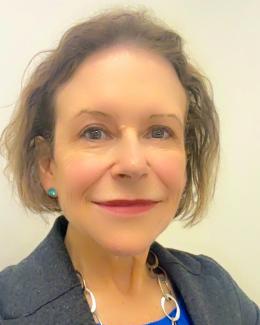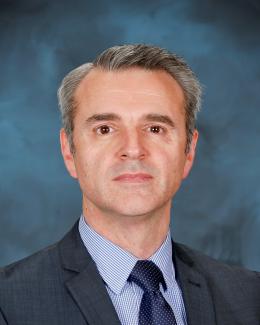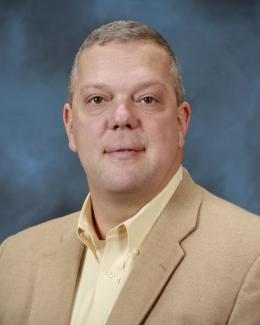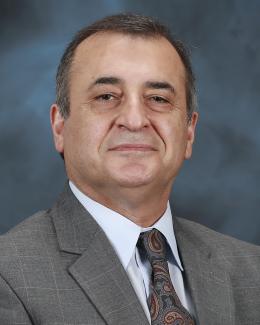Three staff members in Oak Ridge National Laboratory’s Fusion and Fission Energy and Science Directorate have moved into newly established roles facilitating communication and program management with partners and DOE sponsors of the directorate’s Nuclear Energy and Fuel Cycle Division, or NEFCD.
“With these new leadership roles, we’re strengthening our commitment to deliver the most impactful results that advance nuclear energy by more effectively engaging the laboratory’s broad portfolio of fission and fuel cycle capabilities,” said David Pointer, interim Division Director for NEFCD. “One-of-a-kind user facilities, strategic partnerships and international expertise—they all live here at ORNL. Andrew, Nick and Mehdi will integrate those strengths to bolster our partnerships and enhance our contributions to the global clean energy transition.”
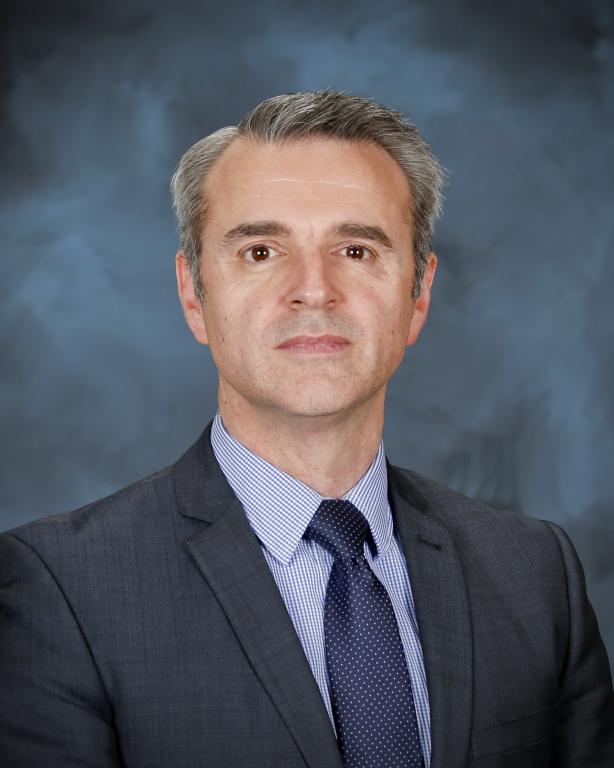
Andrew Worrall has moved into a new role as Nuclear Energy Program Director, where he will lead the development, planning and execution of ORNL’s contributions to the U.S. Department of Energy’s Office of Nuclear Energy, or DOE-NE, programs. In this role, Worrall is responsible for coordinating and raising awareness of ORNL activities and DOE priorities among ORNL principal investigators, or PIs, and contributors, driving ORNL strategic planning and external communications, and developing relationships between DOE-NE staff and appropriate ORNL contributors. He will also oversee the mentorship of ORNL PIs supporting DOE-NE programs, facilitate work scope development, review proposed work and support outcomes reporting.
Worrall has had more than 30 years of professional industry and national laboratory experience in nuclear engineering and program management in reactor physics, fuel and core design, plutonium disposition, fuel development and fuel cycle strategy. He serves as deputy director of the Gateway for Accelerated Innovation in Nuclear, or GAIN, DOE-NE initiative. In 2014, DOE-NE appointed Worrall as the laboratory lead coordinator for nuclear energy research programs with the U.K. Worrall is a Chartered Physicist, a Fellow of the Institute of Physics and formerly a Royal Academy of Engineering professor of Nuclear Engineering in the U.K. He holds a Master of Science in physics and technology of nuclear reactors from the University of Birmingham, U.K., and a Bachelor of Science in applied physics from Lancaster University, U.K.
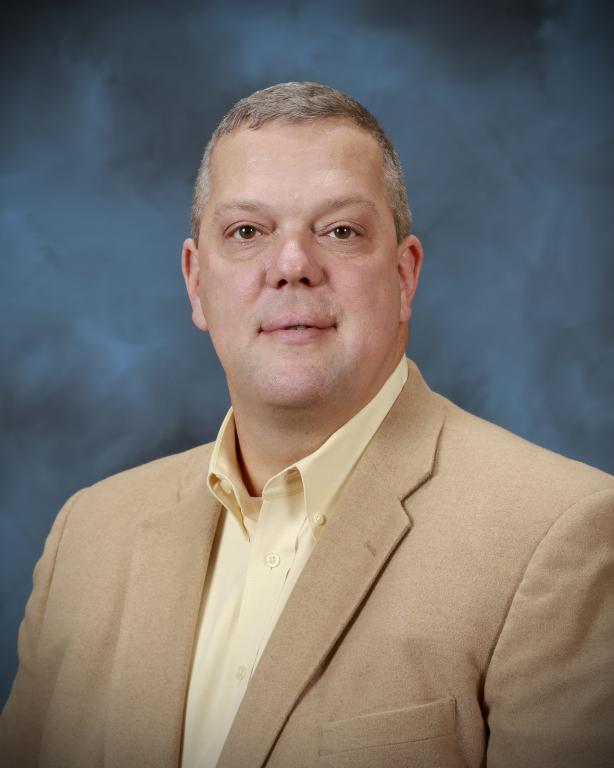
Nick Prins has assumed a new position as National Security Technical Coordinator for NEFCD, where he will support staff in the proposal, planning and execution of work supporting the national security missions of the National Nuclear Security Administration, Department of Homeland Security, Department of Defense and State Department. Prins’ responsibilities will include aiding staff in working with the appropriate program directors at ORNL and assisting staff in meeting the sponsors' diverse requirements and expectations. Prins will contribute to strategic planning, maintain awareness of NEFCD capabilities and identify opportunities for ORNL staff to contribute to programs in these areas.
Before joining ORNL in 2011, Prins served 26 years in the U.S. Army, including his final assignment at the U.S. Army Nuclear and Countering Weapons of Mass Destruction Agency. Prins’ prior military assignments included the Department of Homeland Security’s Domestic Nuclear Detection Office, the Operations Directorate at the Joint Staff and the United States Military Academy. He holds a doctorate in nuclear engineering from the Air Force Institute of Technology, a master’s in physics from the Naval Postgraduate School and a Bachelor of Science in physics from Hope College.
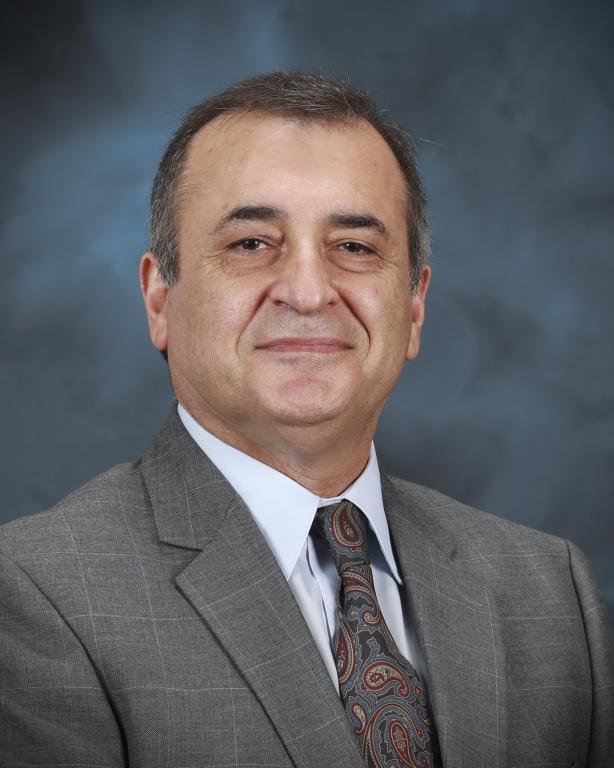
Mehdi Asgari has also moved into a new position as the Industry Engagement Coordinator for NEFCD, where he will aid staff in developing industry partnerships that are essential to the successful execution of the division’s technology development and maturation programs. Asgari will also support staff in identifying and recruiting appropriate collaborators and developing productive relationships. He will also contribute to strategic planning, lead industry outreach efforts and identify opportunities for new collaborations.
Asgari has over 30 years of experience, including organizational management, project management, business development, light water reactor, or LWR, computational reactor physics capability development and analysis and boiling water reactor, or BWR, core and bundle design. Asgari joined ORNL in 2017 and has been involved with developing and benchmarking advanced modeling and simulation capabilities, including those in the Virtual Environment for Reactor Applications. He led initiatives to build and expand effective relationships with stakeholders while actively promoting ORNL technologies and expertise, including three DOE-funded projects working with companies including Constellation and Global Nuclear Fuel, or GNF.
Before joining ORNL, Asgari held roles at Studsvik Scandpower as a principal consultant on reactor core modeling and simulation analysis, and at Idaho National Laboratory as the department manager for Reactor Physics Analysis and Design. He was also a technical program manager at GNF. Asgari holds numerous patents in services and product designs that have been applied to LWR. He holds a doctorate in engineering science with an emphasis in nuclear engineering, a master’s degree in nuclear engineering and a bachelor’s degree in mechanical engineering from Louisiana State University.
ORNL is managed by UT-Battelle for DOE’s Office of Science, the single largest supporter of basic research in the physical sciences in the United States. DOE’s Office of Science is working to address some of the most pressing challenges of our time. For more information, visit energy.gov/science.
